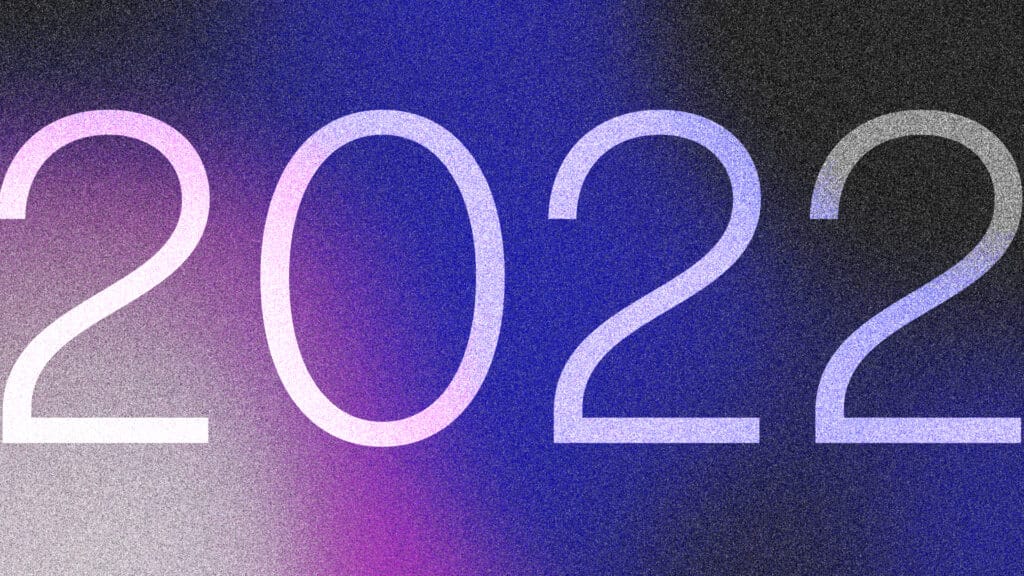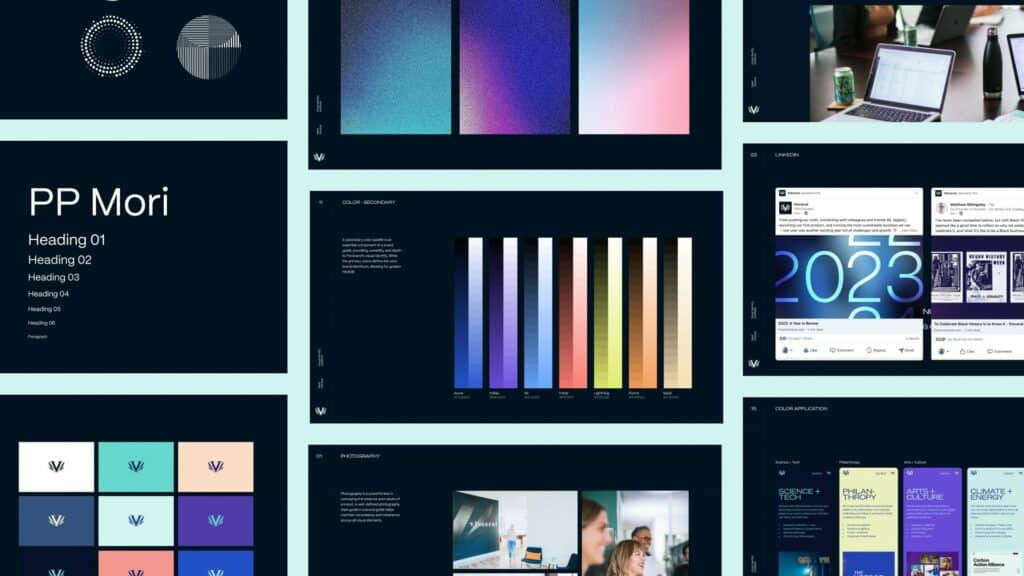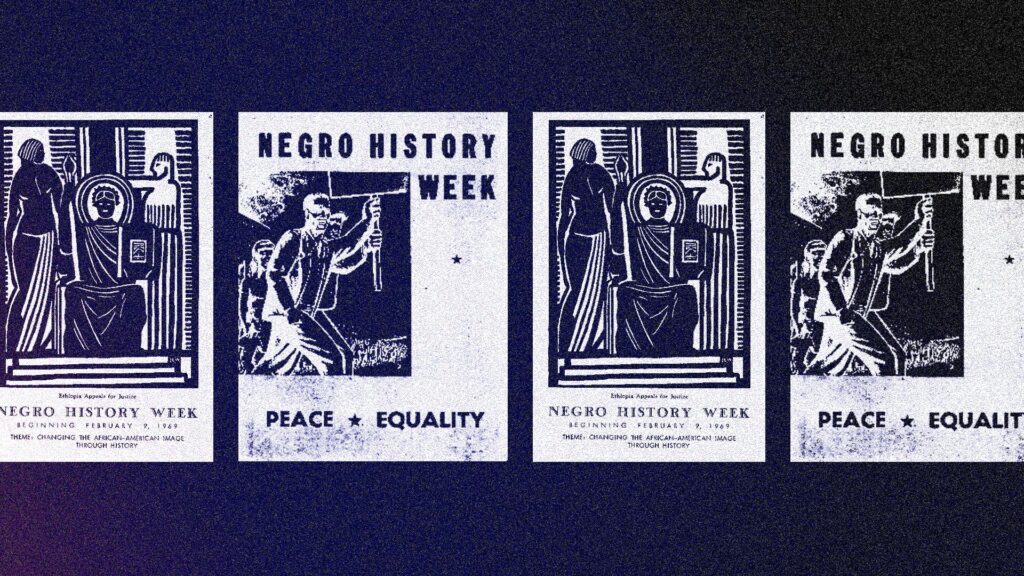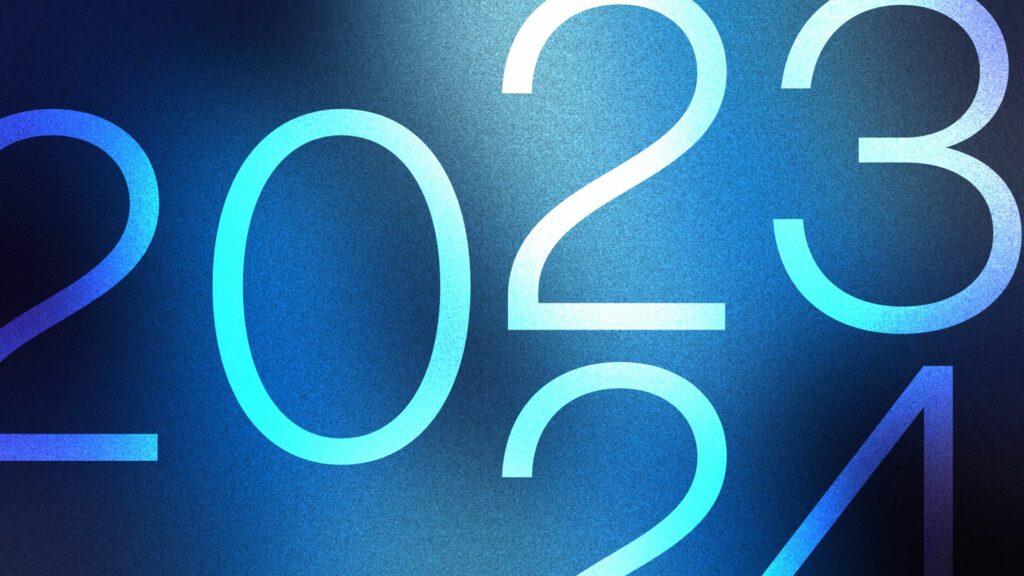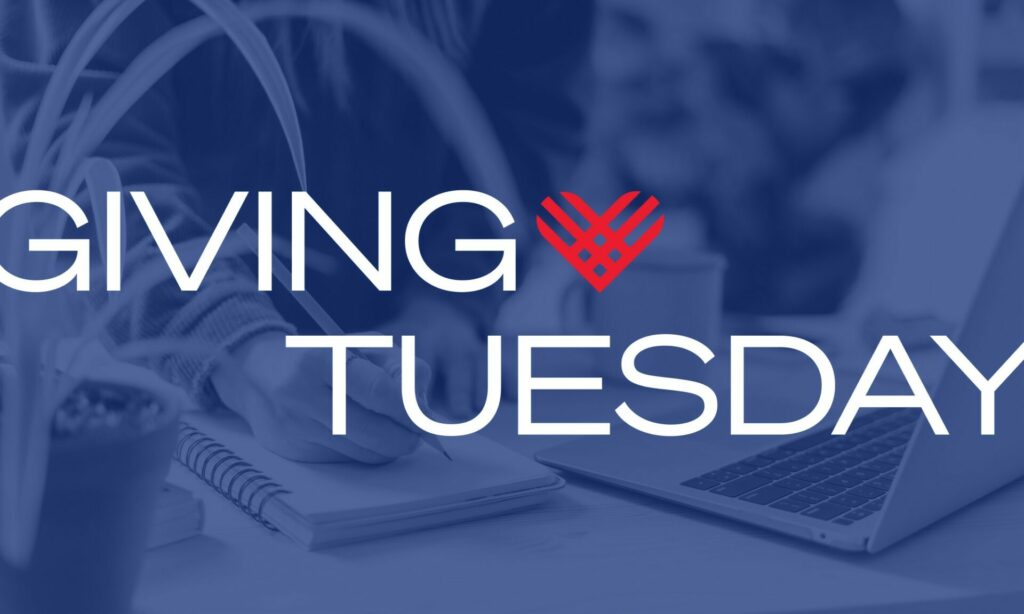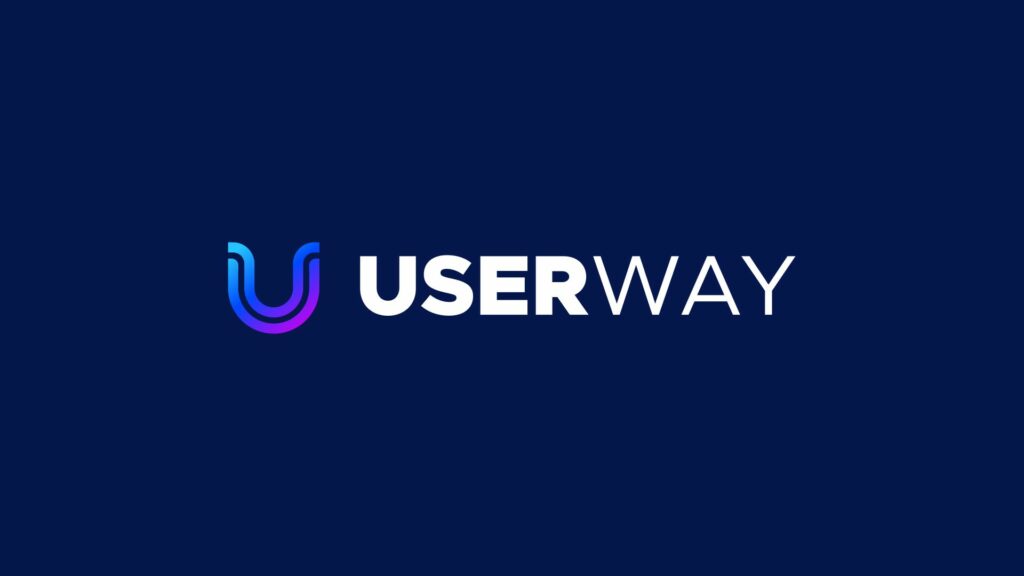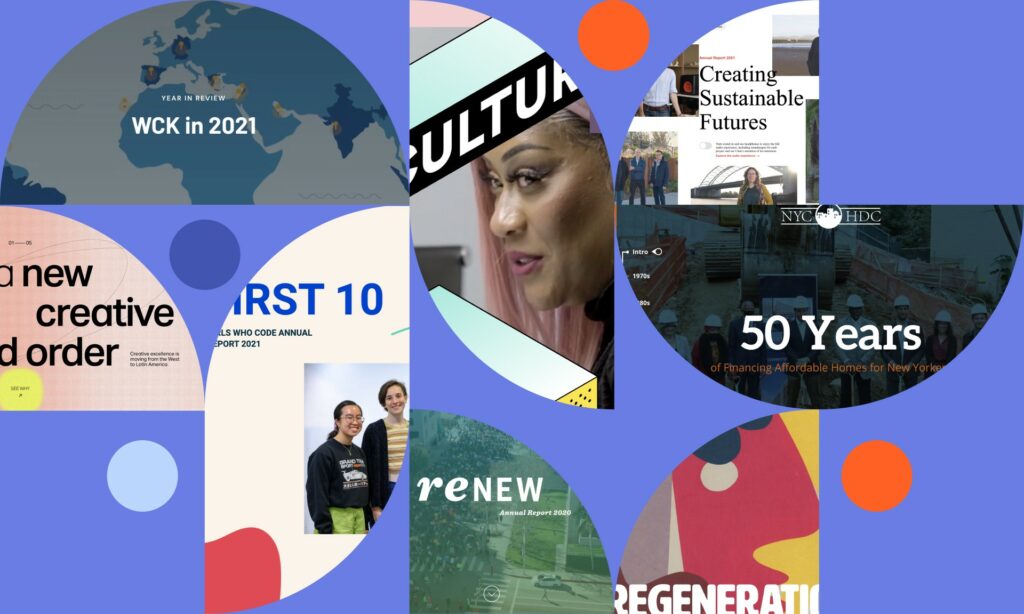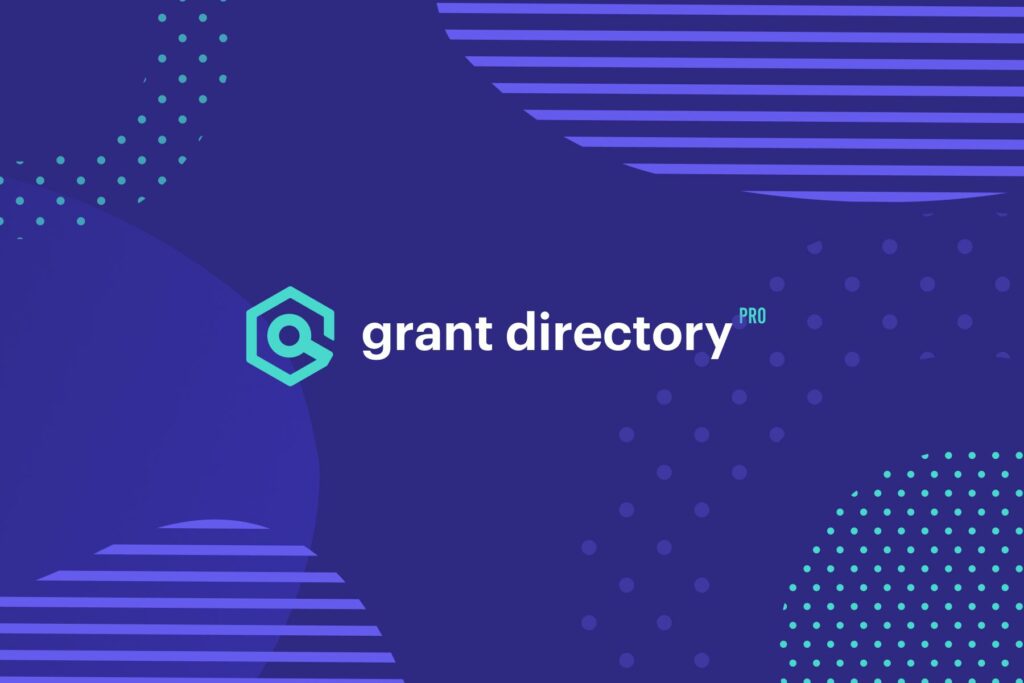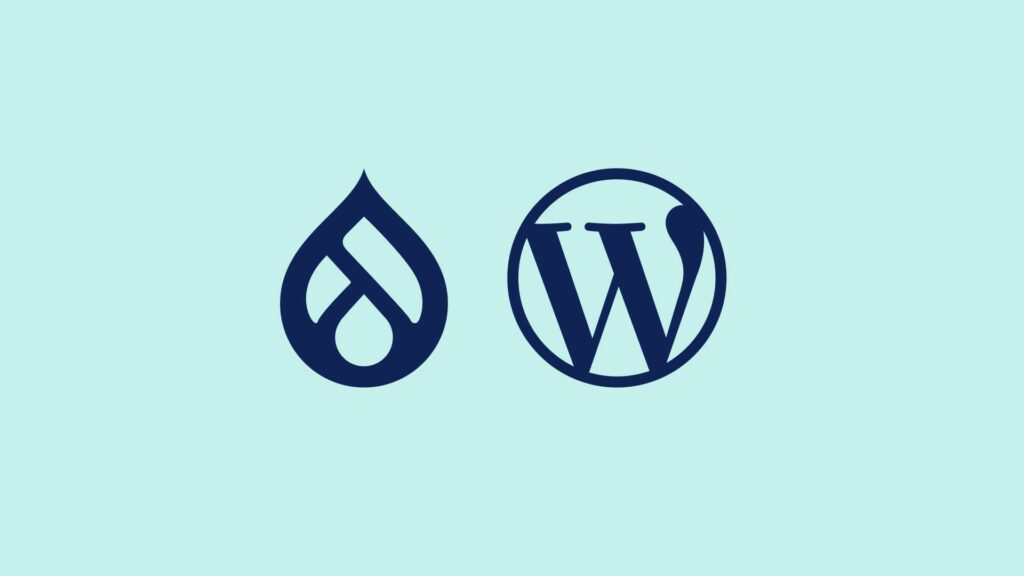
You’re ready to invest in a new website, but you want assurance that the outcome will be everything you dreamt of, and that you won’t face unexpected obstacles.
Choosing the right creative agency to partner with is the first step in the journey and you want to make the best choice.
A good way to start is to hire an agency accountable to a high standard of transparency in their business practices, like a Certified B Corporation. Because not every business is 100% ethical.
So, what is your agency not telling you? Here are the five priorities you should factor into your decision:

Where Your Money Goes
Can your agency assure you that you won’t face unexpected fees? Many agencies charge for time and materials (T&M). This may sound straightforward, but it rarely is.
At the estimation stage of a large project, the exact number of hours needed to complete it is impossible to know. This model almost guarantees that you will pay more than what you were originally quoted.
It also puts pressure on the wrong outcomes: under the T&M model, the agency is working to deliver things under budget—not the desire to deliver the best, most creative solutions.
Visceral avoids this issue altogether by working on a “fixed fee” billing system. Right up front, we identify the entire scope of work we’ll perform, what it entails, and what it will cost.
In either case, where your agency spends the money is equally important. Is your agency spending it on leadership salaries who will never touch your project? Even worse, are they outsourcing most of your job to outside third-party designers and developers?
The best outcomes are driven by teams that are equally invested in the success of the project and the agency itself. If equity and sustainability are top of your list of core values, be sure you know how your agency is spending your money.
Takeaway: Don’t be afraid to have an open, candid conversation with your agency on how they arrived at their cost estimate and what they’re going to do with your money.

How Long Things Actually Take
Launching on time is surely at the top of your priority list.
You want your agency to be honest about the timing to avoid unexpected delays and reduce the risk of the schedule slipping. Be wary of agencies that overpromise on delivery timelines. Too fast often means they are taking shortcuts, which is a surefire way to water down the results.
A good agency will create a clear project schedule with due dates that include realistic timelines for turnarounds, collaboration, and feedback.
Your agency should be transparent about where time is needed, both on their end and yours. Many agencies will set realistic deadlines for them, but unrealistic deadlines for you. Make sure you have honest conversations about how long you need.
There are two areas where we see projects get hung up that you should keep in mind:
- Building stakeholder consensus: Engaging leadership and experts on your team to weigh in and help you make the right decisions is key to project success. Ensure you have time baked in for this throughout the process.
- Copywriting: Leave ample time to create copy that converts and accurately represents your organization’s mission and brand voice. We believe copy is as much part of the design as the visuals and good copy takes time and experience to write.
Takeaway: Ask your agency for a ballpark timeline and how they got to that estimate, but more importantly, ask how they manage the project to stay on track and where you will be most invested.

How Your Technology Works
Agencies love playing around with new design trends and cutting-edge technology. This is a good thing and ensures the web stays a vibrant and ever-evolving medium.
This evolution is healthy, but it can lead to bad outcomes if a trend becomes dated or a technology that’s hot today is unsupported and left for dead tomorrow. Timeless design and standards-based development are the keys to website longevity.
Be wary of any proprietary technology that isn’t industry-standard. If the only people who can easily update and edit content on your website are those who built it, you’re in for a long, expensive, and frustrating relationship with them.
Takeaway: Make sure that any technology is used because it is what’s best for your specific project objectives and not just simply what your agency prefers.

How Your Site Serves Your Objectives
Your agency needs to take the time to get to know you and your organization’s unique mission and communications objectives.
Be wary of any project that jumps right into design. Your project should start with an immersive discovery phase that leaves time for stakeholder engagement, creative discussion, and consensus building.
Here’s a sad fact: many agencies simply purchase and customize generic templates they bought online, or even worse, they follow their own desires to build the next, coolest thing in their portfolio. Neither of these things is in service to your project or needs.
Don’t be afraid to speak up at any point in the project if you feel like you’re not on the same page with your agency. A website build is a sizable investment. You deserve to feel comfortable with the process.
Takeaway: Find an agency that is equally invested in finding the right solution to your specific challenges and make sure to check their references.

What Happens When Your Project Ends
Preparing a website for launch requires immense effort, but not every agency prepares you for what follows.
The first step in sustaining a website is being ready to use it. Your agency should have a good plan for training and documenting basic publishing tasks, taking the pain out of sustaining your website after the celebration ends.
All websites require routine maintenance to ensure they are healthy and secure. A good agency will recognize this and offer support agreements that fit your site’s needs.
But what if you need support beyond the basics? For instance, you might want strategic support or assistance in creating new features or executing ideas that are a few months to years out. Or maybe you just want a team that can help you manage your daily tasks and make your life easier.
Understanding your retainer options and their costs is an important part of hiring any agency. Ensure they have flexible options that can adapt to your unique needs.
Takeaway: Start the conversation early so that you know that you will have the support you need once the project is over.
To Wrap Up
If you’ve made it this far, you can probably tell that we love talking about this stuff and that trying to be helpful is kinda our M.O.
We’ve already written some answers to our most frequently asked questions, but if there’s anything else you want to know, just ask!



